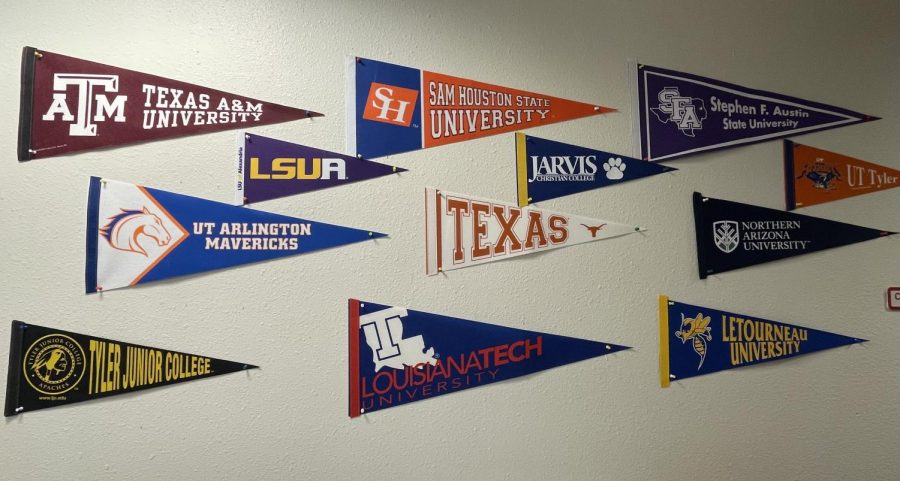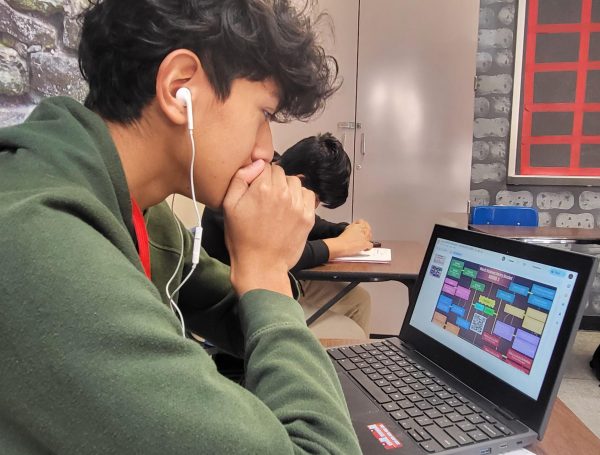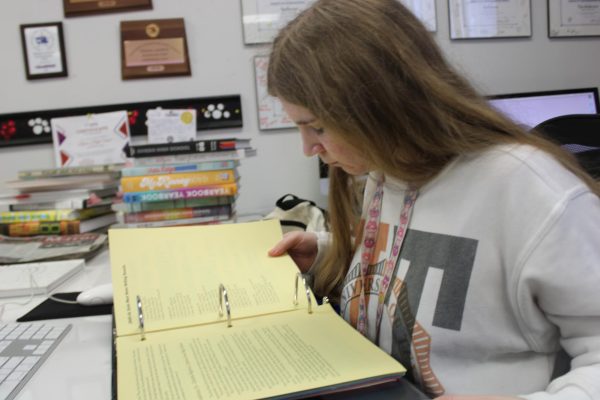College Admissions Process
Application Tips and Tricks
Local universities and junior colleges represented in the counselor’s office.
For upperclassmen, the college application and admissions system can seem very daunting. Below are a few recommendations to make the process much easier and more simple.
- Apply for scholarships early: Applying to as many scholarships as you can will only help you. Applying early and maybe doing a few every few weeks will make your load lighter.
- Research your college: Knowing about the college you plan on attending will help you in being well-versed as a freshman. Looking at campus maps, popular student spots, and other pieces of student life will help you to feel more comfortable when you make the transition from high school to university.
- Contact your college: Email, call, or research your college in order to see what is needed from you for your admission. Oftentimes, there is an orientation process and a few documents that the school will need before they can register you for classes.
- Determine a living plan: If going to college nearby, you could compare the price of commuting versus the price of dorms or apartments.
- Reach out to student groups/organizations: If there is a club or group you plan on joining one you arrive to campus, reaching out early is a great way to get acquainted and to get to know some of the members before you jump in.
- Analyze the area: Upon applying, research the surrounding area. Look for things that you’d enjoy doing with new friends, a good spot for dates, or even places you could go solo during downtime.
- Look at on-campus jobs: If you need to make a little bit of money during the school year, you could look at your campus’s website for on-campus job availability.
- Create a club: If there is a club or organization not yet on campus that you can see a need for, contact your school about the qualifications and requirements to start a club or group.
- Pace yourself: Contact an academic advisor and determine what course load would be best for you and your degree or career plan.












